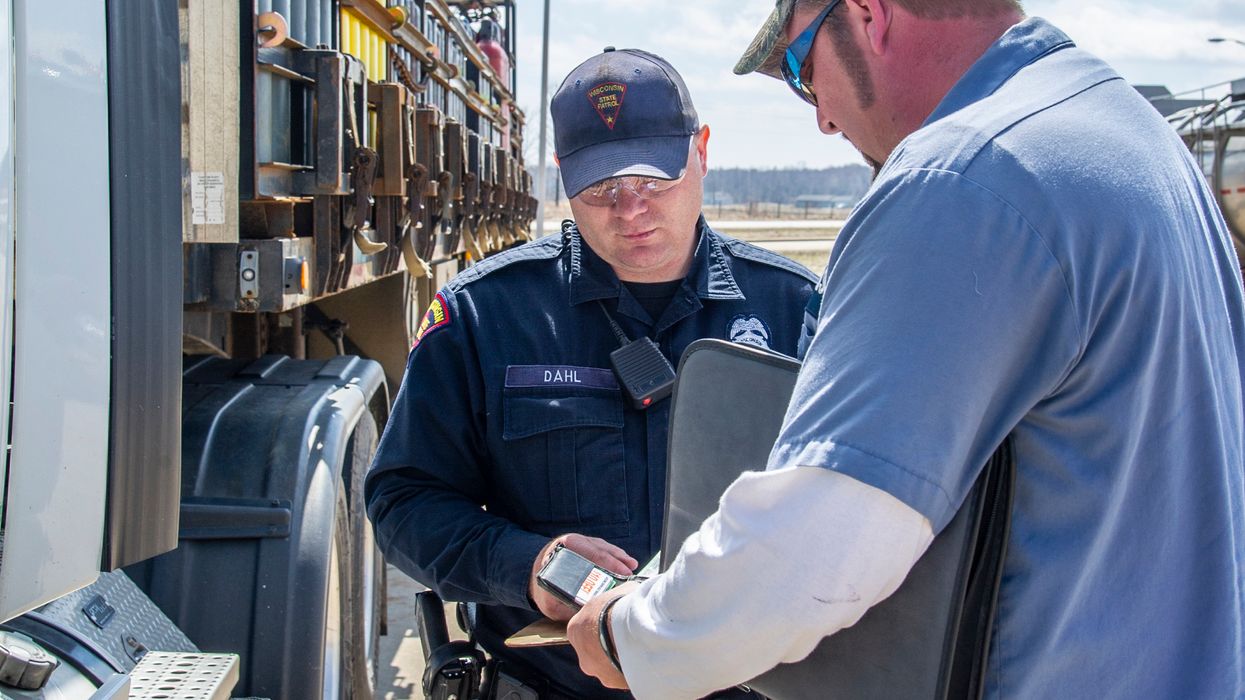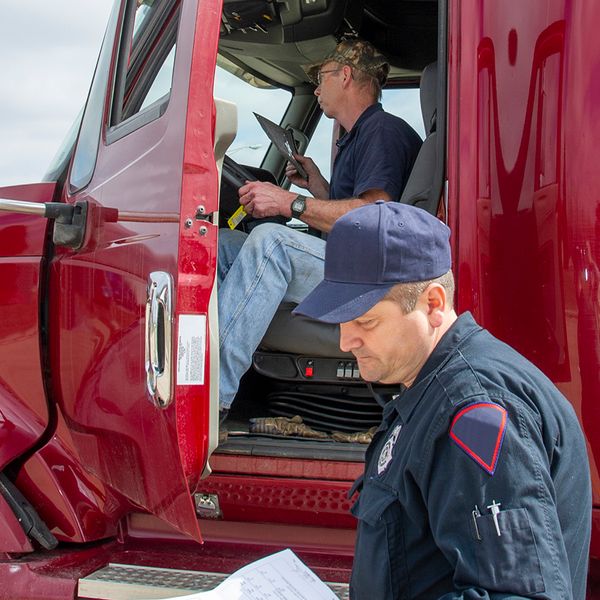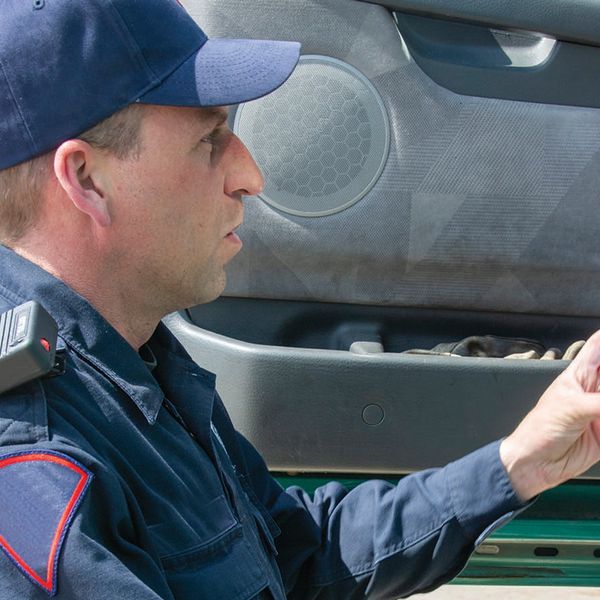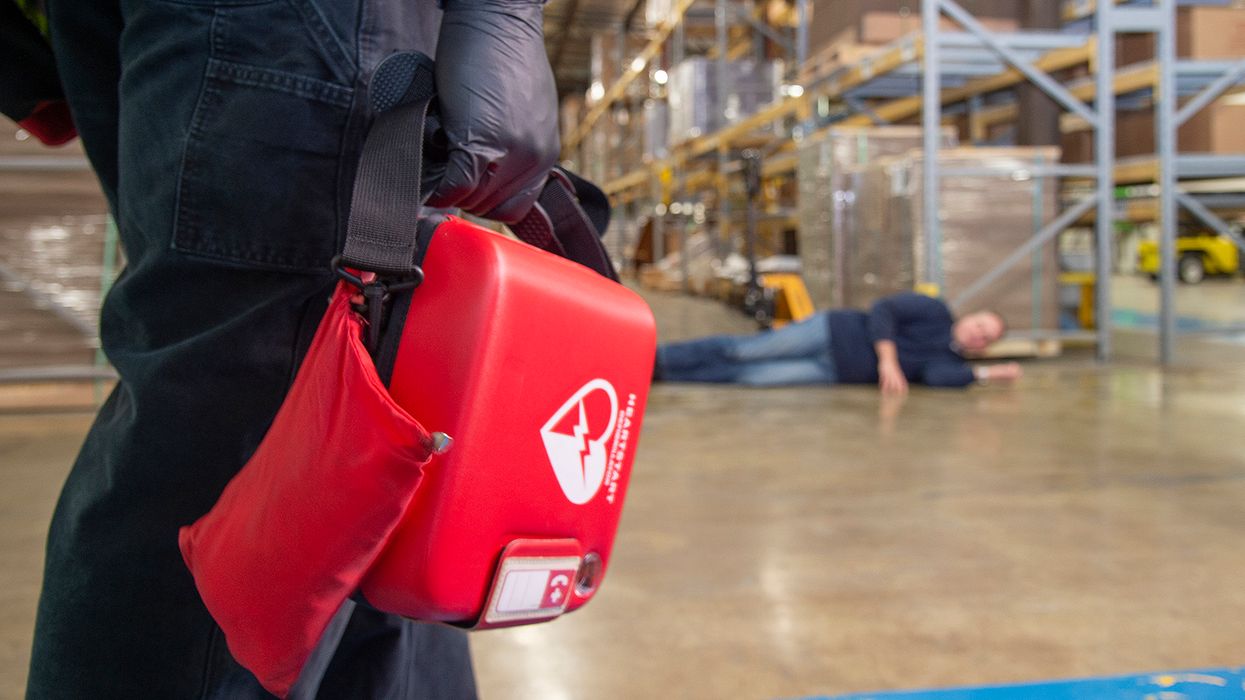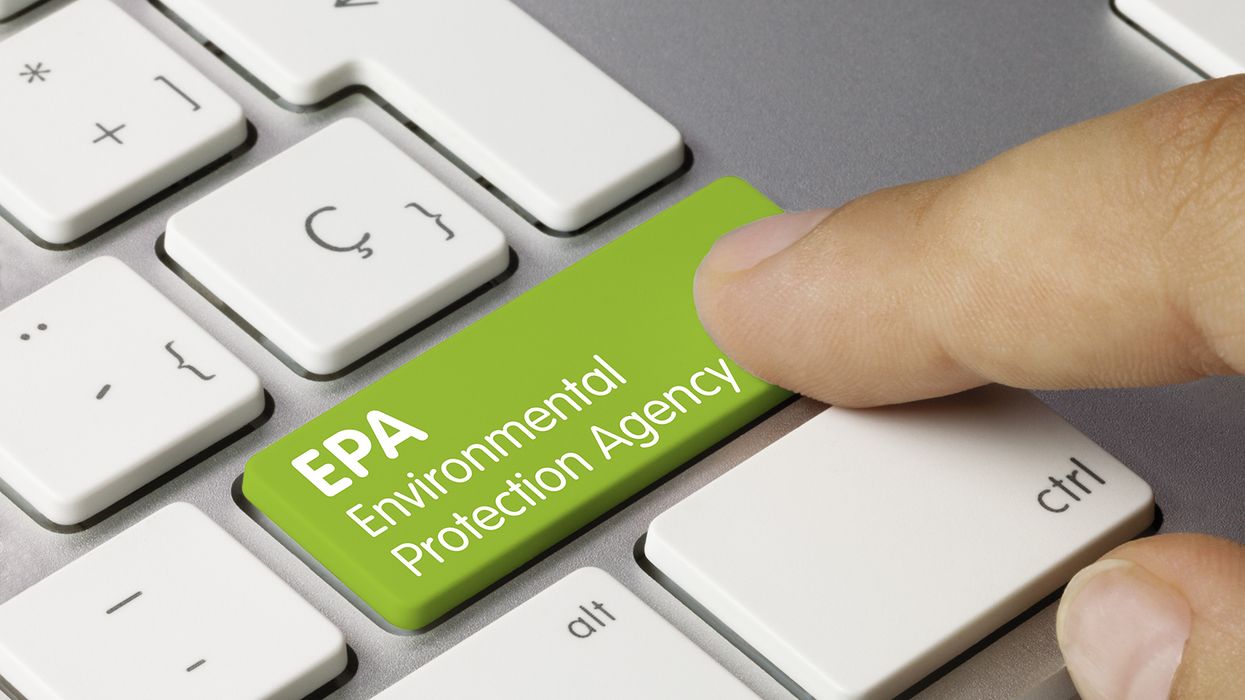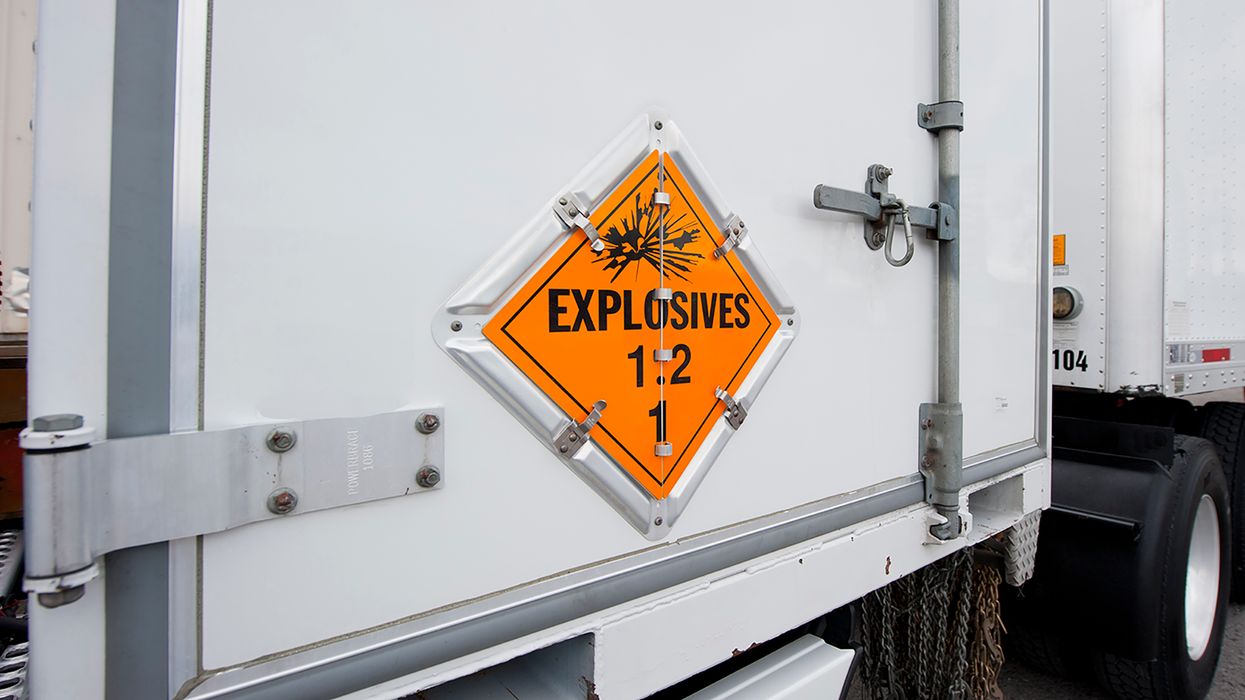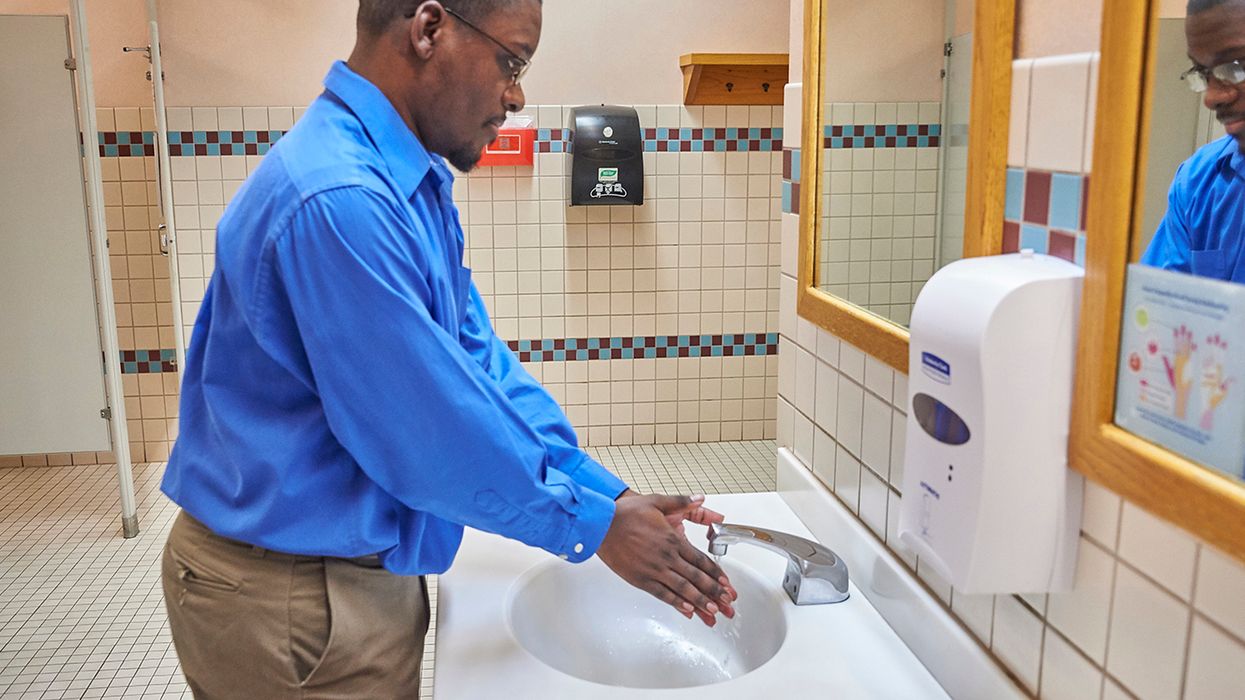Help your drivers get it right: Keep registrations current
Your drivers may be the ones standing in front of the patrol officer or DOT inspector, but many parts of the roadside inspection are completely out of their control. In most cases, registrations and permits that get checked during a roadside inspection are the responsibility of the home office, not the driver.
Roadside inspections focus primarily on three separate components:
- The driver,
- The documents, and
- The vehicle.
That second bullet — the documents — is where you can make your drivers’ jobs a little easier.
Operating authority
For the document portion of a roadside inspection, the officer will verify that:
- Your company’s DOT number is current and active,
- Your vehicle or operation is not under an out-of-service order,
- The company’s Uniform Carrier Registration (UCR) is valid (if an interstate carrier),
- The operation has for-hire authority if acting as a for-hire carrier, and
- The vehicle’s required credentials are correct and valid.
Permits and licensing
In addition to driver-specific paperwork, drivers may be asked to show the following documents during a roadside inspection:
- Fuel tax (license and decals for the International Fuel Tax Agreement (IFTA), if applicable;
- Proof of vehicle registration or the International Registration Plan (IRP) registration cab card;
- Proof of insurance;
- Electronic logging device (ELD) documentation; and
- Annual vehicle inspection reports for the tractor and trailer, if applicable.
Certain situations may require additional documents, including:
- Hazmat registration, if hauling hazardous materials;
- State-specific or temporary permits, such as oversize/overweight permits, state weight-mile tax permits, and alcoholic beverage transportation permits; and
- Lease agreement, if vehicle is leased.
Use the following checklist to ensure your paperwork is up to date before sending your drivers out on the road.
[image]
Key to remember: Do your part to make roadside inspections less stressful for your drivers. Make sure all required registrations, permits, and credentials for your fleet are up to date.
1600 3/28

